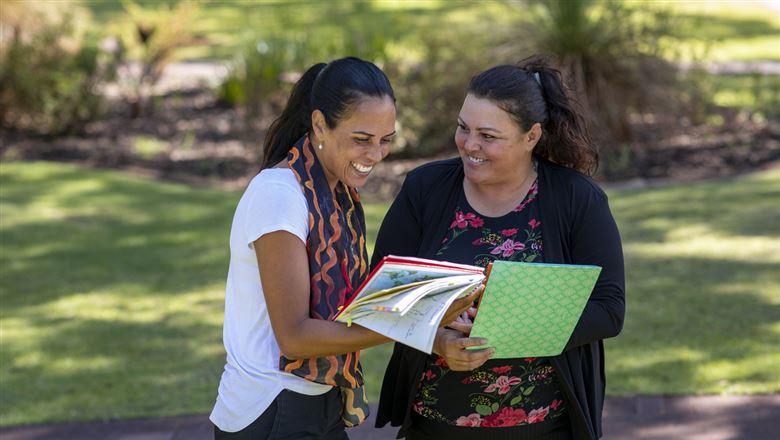Veronica Diaz, CAE
Veronica Diaz, Ph.D., CAE, is the senior director of professional learning and development, at EDUCAUSE in Boulder, Colorado.

Talking about helping women advance professionally and doing it are two separate entities. Providing women in a traditionally male-dominated field with a proactive, results-oriented plan for success is one way to be effective. Here’s why.
Career advancement requires a variety of conditions that are strategically placed throughout your professional life, like breadcrumbs along a pathway that provide continuous enrichment and support along the way. This is especially true for women professionals who are looking to succeed and advance in a historically male-dominated field. The earlier you find those breadcrumbs, the better, because they are critical for supporting early-career women.
Whether staying in a current role or aggressively pursuing one with more responsibility, professional success requires mentorship, continuous learning, experiences that develop skills, abilities, growth opportunities, and—perhaps most important of all—support. That’s the strategy EDUCAUSE, an association that advances higher education through information technology, used as it developed a portfolio of services to help women advance their careers in the higher-education IT field.
Professional success can sometimes hinge on your network, which can provide personalized support and access to opportunities. Community members, especially underrepresented professionals, often say they understand the importance of networking and mentoring, but they don’t know how to do it effectively, or are uncomfortable asking someone to be their mentor. Beyond that, they don’t know what to look for in a mentor or how to structure that relationship.
In 2020, EDUCAUSE launched a virtual mentoring platform that addresses the most intimidating part of mentoring, approaching someone—sometimes a stranger—to be your mentor through a matching algorithm. The platform currently hosts more than 600 mentors and mentees who have already indicated they want to engage and suggests various matches based on interests and identified areas of learning.
A winning part of this tactic is supporting member-led community groups to generate organic, spontaneous, and meaningful connection opportunities for women, by women.
Once matched, the pair has access to a robust set of resources, guides, and templates that add the structure needed for success. This is one of those times when technology removes barriers to participation: Members no longer need to rely on their own skills, abilities, and network to pursue the support they need to be successful.
According to EDUCAUSE’s research, only two out of five of our members are women and, unfortunately, we are seeing more losses than gains in female leadership positions (from 27 percent in 2016 to 23 percent in 2018). It is essential to showcase strong female role models in our community. In the past few years, we have increased our efforts to elevate female leadership voices, including featuring female leaders as speakers, authors, and faculty for our professional learning programs, as well as encouraging women to increasingly serve on boards.
The pandemic has exacerbated the gender imbalance in our association, and EDUCAUSE has actively addressed this with a keen eye toward both educational programming and empowerment opportunities. A winning part of this tactic is supporting member-led community groups to generate organic, spontaneous, and meaningful connection opportunities for women, by women.
One group, EDUCAUSE’s Women in IT Community Group, collects and disseminates effective practices in the recruitment, retention, and advancement of women in higher-education IT. This group provides a venue for addressing a wide range of issues affecting women IT professionals in colleges and universities, including securing leadership roles. This community has also been instrumental in helping women attend to their professional responsibilities while managing increasingly complex home and life responsibilities.
“Being part of this community provides comfort, knowing we’re not alone in the obstacles and challenges we face,” says Marcia Dority Baker, assistant director of academic technologies with the Office of Information Technology at the University of Nebraska-Lincoln. “It’s nice to be around people who have that shared experience and can support you from a place of knowing and understanding.”
Associations need to look at a full portfolio of products and services, strategically placed along members’ career lifecycles, to help them better plan, build, and focus on their journey. This is especially important for women and other underrepresented professionals, who may not know how to do that or lack the confidence to do it. Associations are uniquely positioned to open those doors, break glass ceilings, and foster success.
This article is part of a series that features associations with active programs focused on supporting, enabling, and empowering women in their professional field, presented by ASAE’s Diversity + Inclusion Committee.